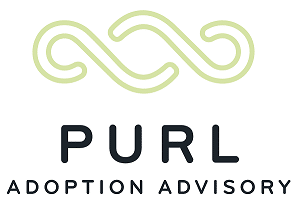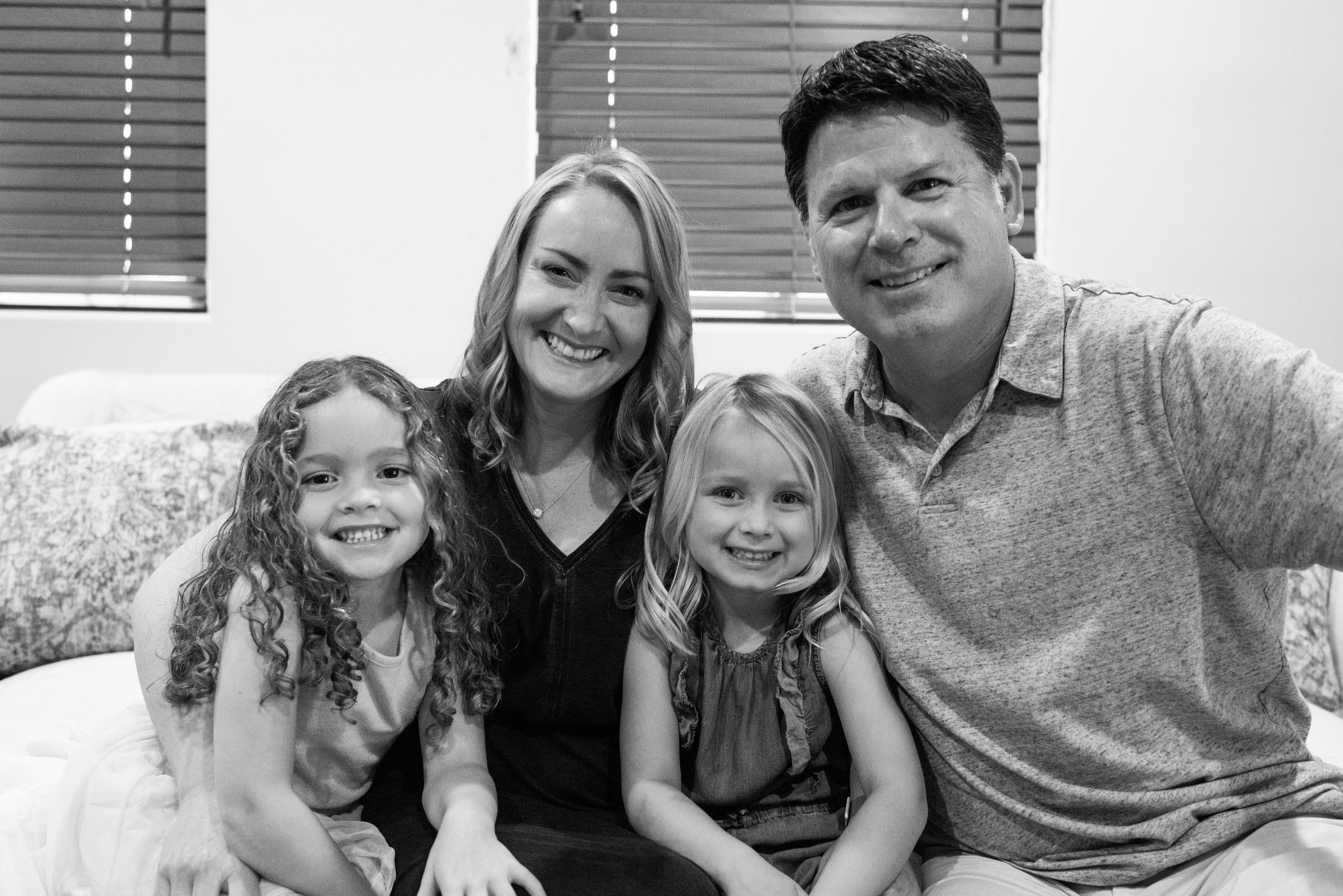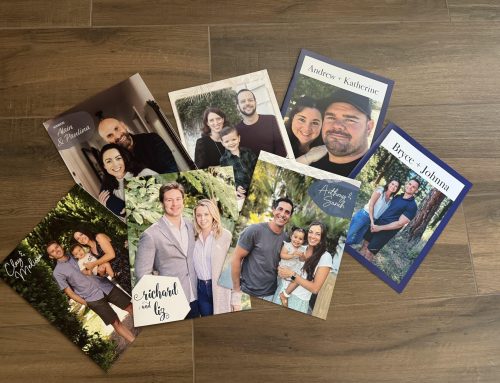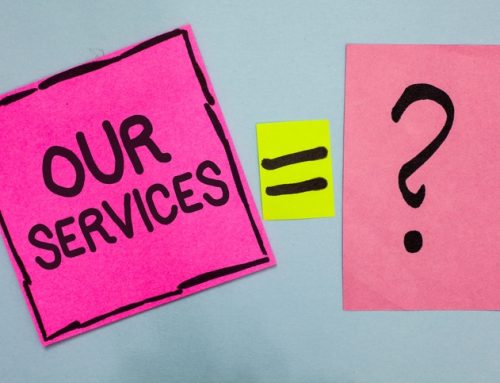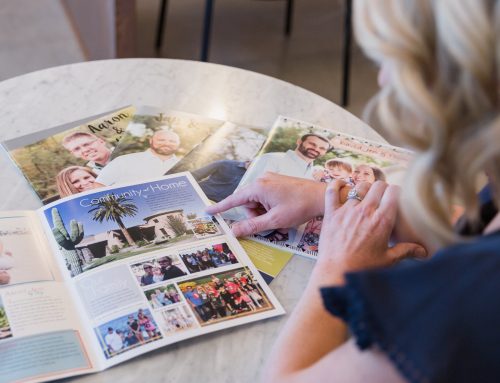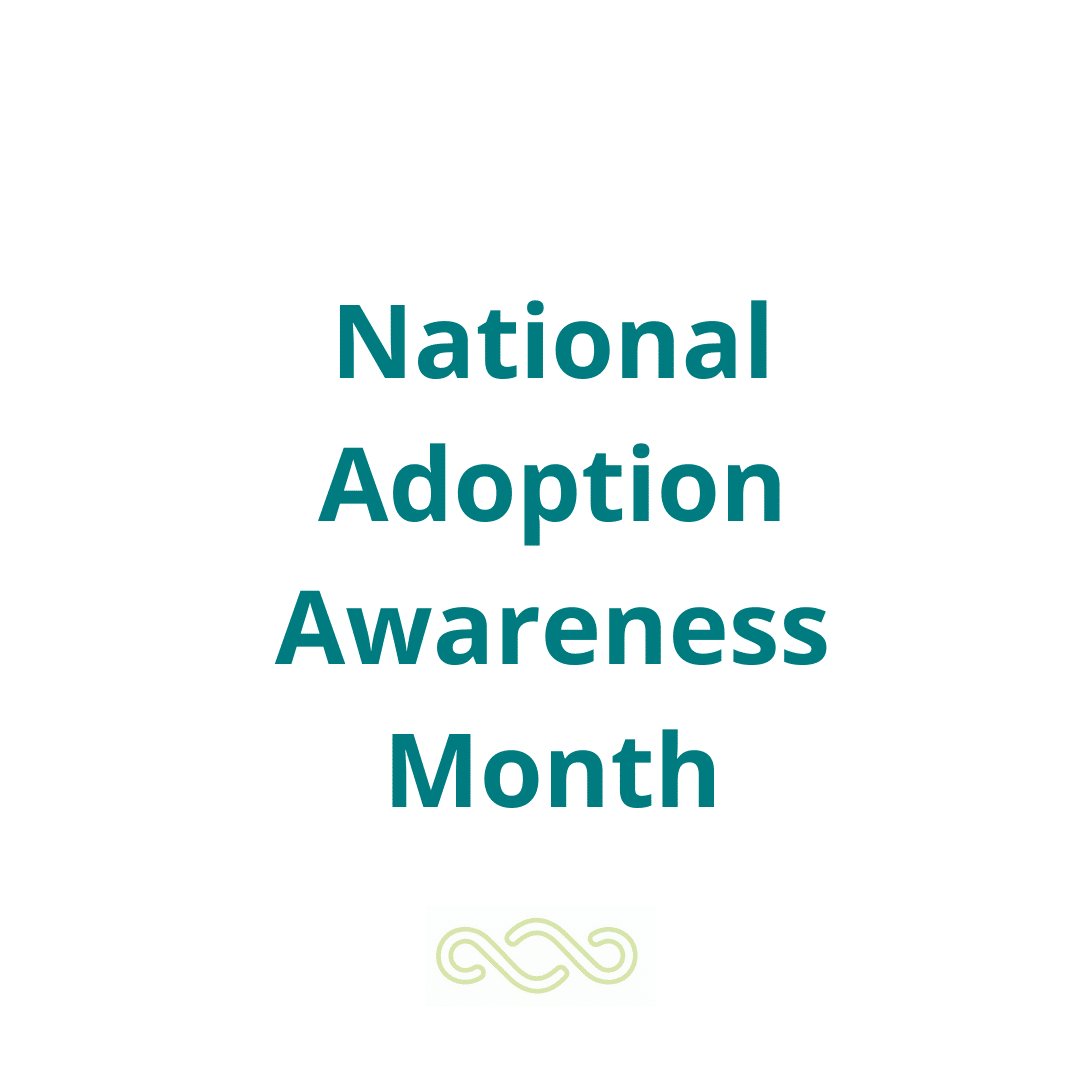
During the month of November we raise awareness of adoption during National Adoption Awareness Month. While every type of adoption is recognized this month, the particular focus this month is to raise awareness about the urgent need for adoptive families for children and youth in foster care. The number of children and teens needing homes is evident by looking at AdoptUSKids or heart galleries, typically showing available children by state. The history of National Adoption Awareness Month dates back to 1976 when the Governor of Massachusetts announced the first Adoption Week. This idea grew in popularity and quickly spread nation wide. In 1995, President Clinton expanded the week to the entire month of November.
During the month of November, people across the nation raise awareness of adoption and hope that awareness of adoption encourages others to open their homes to children waiting for a forever home. Also, this month includes National Adoption Day, which is usually observed in courthouses nationwide, where thousands of adoptions are finalized on National Adoption Day,. COVID has put a damper on some state’s celebrations, but we are hopeful that there will still be energy around this important cause around November 20, this year’s National Adoption Day!
I have given other ideas on how to recognize National Adoption Day in years past. This year, to recognize National Adoption Awareness Month, I’m going to post each day about some topic in adoption generally, but from the perspective of educating about adoption and the things you or your child might experience if you decide to pursue adoption. I’ll start with telling you about me, the founder of Purl Adoption Advisory, the business I launched to the public four years ago this month. I’m an adoption advisor who acts as a planner, guide and coach for prospective adoptive parents, primarily in domestic infant adoption, but I have helped some families adopt through the state, and also navigate the embryo donation/adoption process. Purl is based in Arizona, but we help families all across the country. I help families avoid the dark side of adoption, and work with ethical adoption professionals who care for expectant moms and are committed to better adoption experiences for the whole triad. I am an attorney by training, but left my corporate law job after adopting my daughter Cora because I felt like there was a better way to adopt and I wanted to help other families navigate the complex world of adoption. To learn more of my own adoption story, click here.

During the month of November we raise awareness of adoption during National Adoption Awareness Month. While every type of adoption is recognized this month, the particular focus this month is to raise awareness about the urgent need for adoptive families for children and youth in foster care. The number of children and teens needing homes is evident by looking at AdoptUSKids or heart galleries, typically showing available children by state. The history of National Adoption Awareness Month dates back to 1976 when the Governor of Massachusetts announced the first Adoption Week. This idea grew in popularity and quickly spread nation wide. In 1995, President Clinton expanded the week to the entire month of November.
During the month of November, people across the nation raise awareness of adoption and hope that awareness of adoption encourages others to open their homes to children waiting for a forever home. Also, this month includes National Adoption Day, which is usually observed in courthouses nationwide, where thousands of adoptions are finalized on National Adoption Day,. COVID has put a damper on some state’s celebrations, but we are hopeful that there will still be energy around this important cause around November 20, this year’s National Adoption Day!
I have given other ideas on how to recognize National Adoption Day in years past. This year, to recognize National Adoption Awareness Month, I’m going to post each day about some topic in adoption generally, but from the perspective of educating about adoption and the things you or your child might experience if you decide to pursue adoption. I’ll start with telling you about me, the founder of Purl Adoption Advisory, the business I launched to the public four years ago this month. I’m an adoption advisor who acts as a planner, guide and coach for prospective adoptive parents, primarily in domestic infant adoption, but I have helped some families adopt through the state, and also navigate the embryo donation/adoption process. Purl is based in Arizona, but we help families all across the country. I help families avoid the dark side of adoption, and work with ethical adoption professionals who care for expectant moms and are committed to better adoption experiences for the whole triad. I am an attorney by training, but left my corporate law job after adopting my daughter Cora because I felt like there was a better way to adopt and I wanted to help other families navigate the complex world of adoption. To learn more of my own adoption story, click here.
